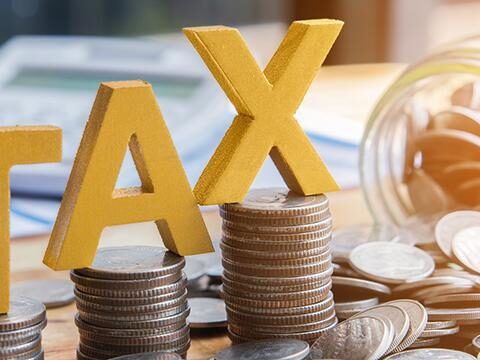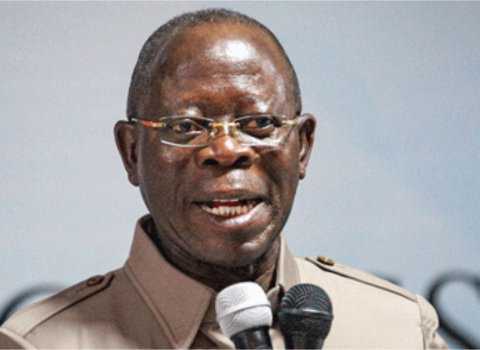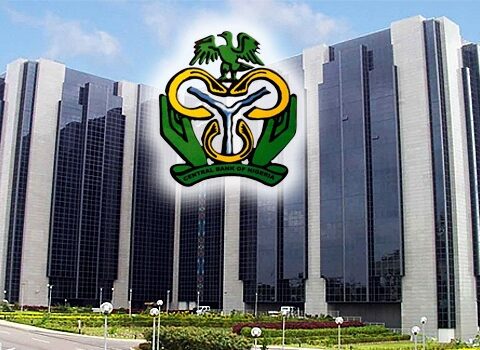By Mike Abbah
The naira dropped significantly in the Nigerian Foreign Exchange Market (NAFEM) on Wednesday, September 4, 2024where it exchanged for N1,625.88 to the dollar.
This marks the lowest exchange rate since March 8, 2024, when NAFEM recorded a performance of N1,627.4/$1, despite an improved FX turnover of $205.76 million – one of the highest since August 12, 2024, when dollar supply hit $246.44.
Data from FMDQ website on the NAFEM window showed that the naira’s depreciation on August 4 represents a 0.89% decline from the previous day’s rate of N1,611.34/$1.
Intra-day activity showed that the naira traded at a high of N1,640/$1 and a low of N1,400/$1, indicating significant volatility in the foreign exchange market before settling on the equilibrium of N1,625.88.
The $205.76 million FX turnover for the day was a marginal drop of 1.84% compared to the previous day’s $209.61 million – the highest since August 12, 2024.
The drop in exchange rates indicates an uncertainty trend as the Nigerian government announced a 45% increase in the pump price of petrol on September 3, 2024.
This is believed to spark high inflation rate which would herald a wave of renewed hardship for the citizens, households and businesses.
Nigeria’s headline inflation rate fell in July for the first time in well over two years – dipping to 33.40% in annual terms from 34.19% recorded in June.
Food inflation rate in July 2024 was 39.53% points higher compared to the 12.55% rate recorded in July 2023
This crash occurred amid a reported hike in petrol prices across the country, which may add to the plights of businesses and ordinary Nigerians, further worsening inflation.
Nigerian official foreign exchange (FX) market experienced a marked decline in turnover in August, despite the initial Retail Dutch Auction conducted by the Central Bank of Nigeria (CBN).
The troubled naira is a reflection of the drop in the nation’s foreign exchange reserves which fell to $36,32 billion as of August 29, 2024, marking a decline from the year’s peak of $36.70 billion recorded on July 29, 2024.
The CBN has intensified efforts towards achieving a stable rate of the domestic currency which industry experts believe is not sustainable given the import-dependent nature and the poor productive base of the economy.
At the equities market, the bears returned to the domestic bourse as profit-taking activities in OANDO (-10.0%) undermined market’s performance. As a result, the All-Share Index dipped by 0.4% to close at 96,537.48 points. Consequently, the Month-to-Date and Year-to-Date returns printed 0.0% and +29.1%, respectively
Market capitalization dropped to N55.45 trillion from N55.54 trillion recorded on the previous day, implying that investors lost N193 billion after the Wednesday, September 4, 2024 trading.
The total volume traded declined by 17.7% to 389.23 million units, valued at N8.18 billion, and exchanged in 12,039 deals. OANDO was the most traded stock by volume and value at 37.18 million units and N3.10 billion, respectively.
From a sectoral perspective, the Insurance (-1.1%), Banking (-0.9%), Oil & Gas (-0.7%), and Consumer Goods (-0.2%) indices settled lower, while the Industrial Goods index remained flat.
As measured by market breadth, market sentiment was negative (0.7x), as 31 tickers lost relative to 21 gainers. OANDO (-10.0%) and RTBRISCOE (-9.7%) recorded the highest losses of the day, while DAARCOMM (+10.0%) and IMG (+9.7%) topped the gainers’ list.



























